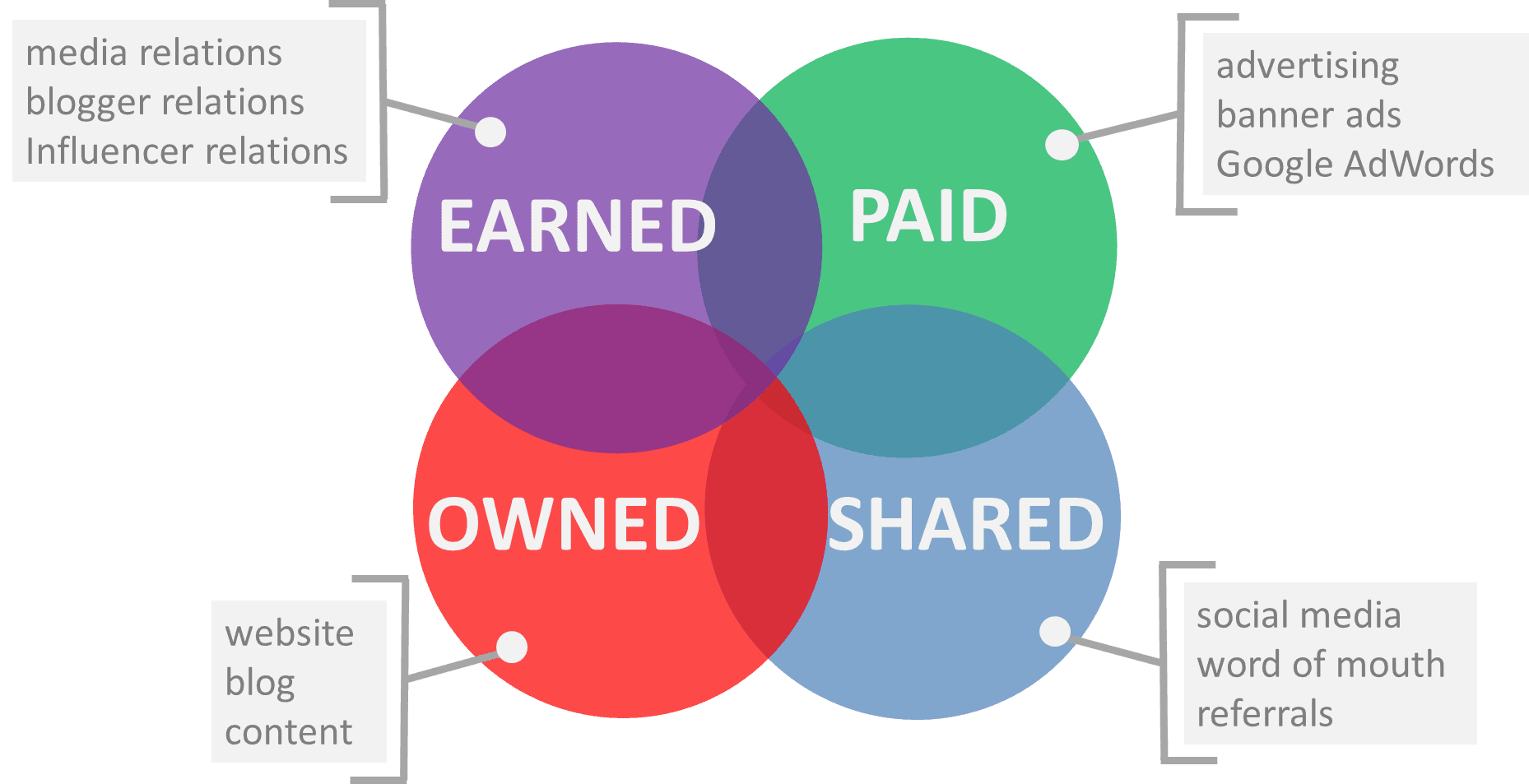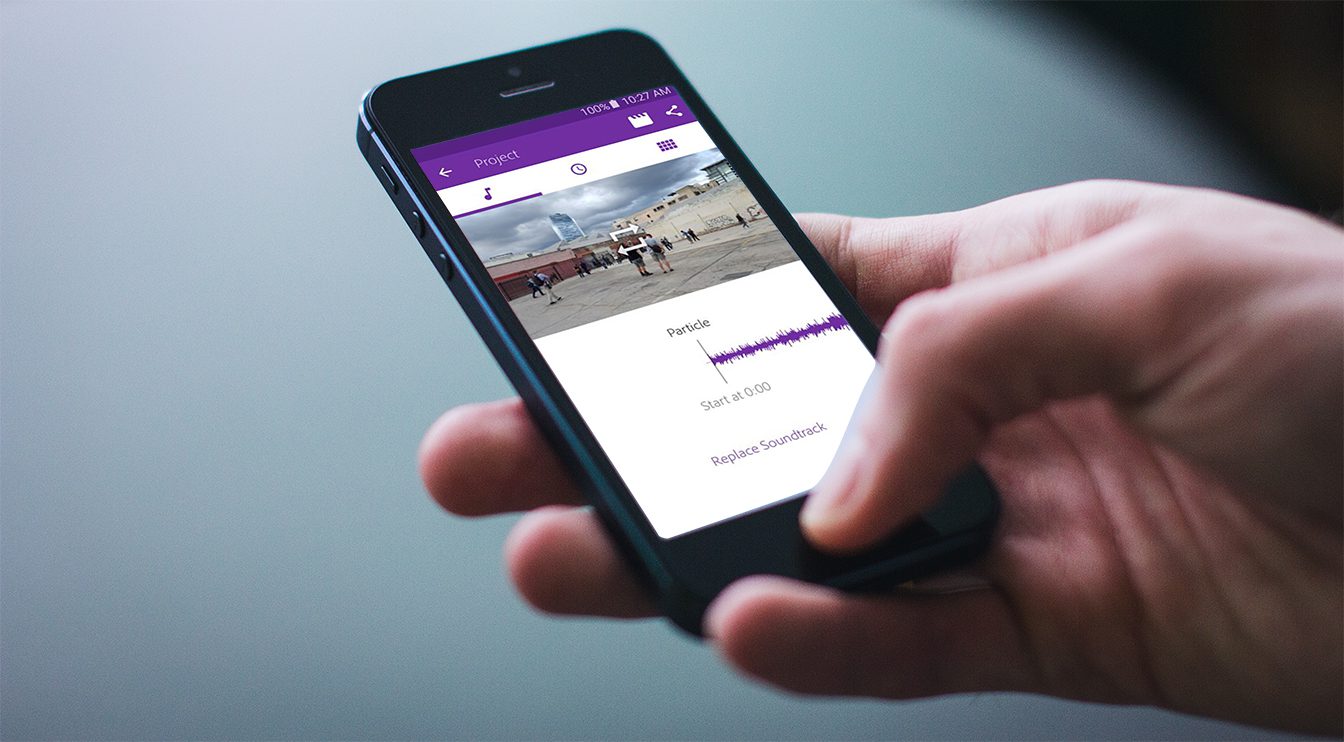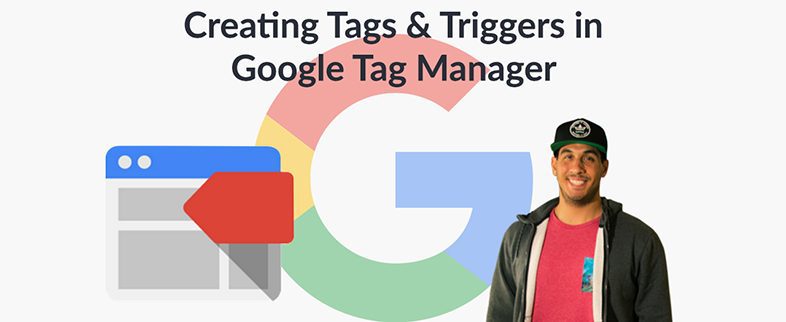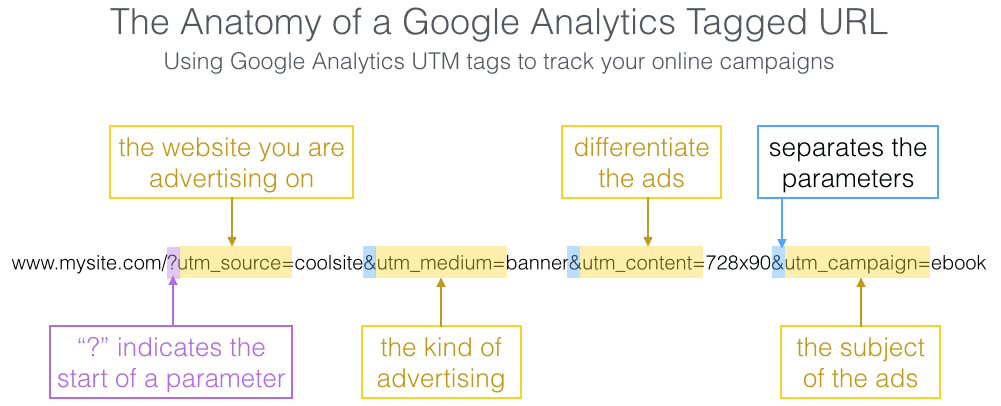This is our fourth post in the ‘Small Business Series’ which features where we feature industry leaders on how small businesses can better leverage their strengths. This week we are interviewing Hiten Shah, the founder of three successful startups (Survey.io, Crazy Egg and Kissmetrics) on understanding metrics that matter . I have been using Crazy Egg for a while now and its a great tool to understand click patterns, and just yesterday tried out KissInsights (a new product as part of Kissmetrics). KissInsights is one of the best feedback tools I have seen, I am not a fan of the pop-up technique of inviting people to participate in surveys and love the widget you have to install.
Romy Misra (Pear Analytics): First Hiten, thanks so much for taking out the time to do this. Why is it important to develop metrics for success for small businesses? How does one develop these metrics?
Hiten Shah: I believe that the metrics for success are important in any business, because they can be used to help the whole organization focus on a single goal. If you pick the right metrics for success, you will be able to significantly improve the focus of the whole team and thus improve your business. Developing these metrics should be done first by making hypothesis about your business and validating / invalidating these hypothesis. From there you will have a good base understanding that will allow you to determine what metrics to focus on and how to define success for your business.
Romy Misra (Pear Analytics): Most businesses make the mistake of not evaluating their metrics over time. How should metrics evolve with as a startup/ small business grows?
Hiten Shah: Before a company has reached “product /market” fit, I’d be looking at a qualitative product / market fit metric. One example is the must-have metric, defined by a veteran marketer named Sean Ellis. He recently did an interview where he talks about it: http://venturehacks.com/articles/sean-ellis-interview We also created a product: http://survey.io to help people measure product/market fit by asking the must-have question.
After product/market fit I’d say for most businesses the most important metrics will probably be tied to a/b testing, marketing expenditures and revenue.
Romy Misra (Pear Analytics): One of the other frequent mistakes we have seen is that small business owners see SEO and Web Analytics as separate entities and do not tie them in with their business goals. How would you tie in various web analytics data (clickstream analysis, heatmaps) with your SEO?
Hiten Shah: At the end of the day you are trying to convert visitors who come to your website, regardless of what “channel” they come from. So I’d say that you have to setup an analytics system to help you track conversions and than determine how various channels are converting.
Search Engine Optimization is just one of these channels.
Romy Misra (Pear Analytics): Most SMB’s I talk to feel overwhelmed by the top positions in Google. Even when the product is remarkable, ranking well in Google can be very difficult. In such a scenario which SEO metrics would you recommend a small business to track?
Hiten Shah: I would focus on the traffic that the business is currently getting and than determine opportunities that the business is missing out on. Many times instead of focusing on keywords that can drive the largest volume, I would focus on long-tail keywords which might be easier to obtain top positions for in Google.
Romy Misra (Pear Analytics): One of the challenges we see with funnel optimization for small businesses is that there is no benchmark for funnel optimization. How important are benchmarks? Also, how can an SMB use Kissmetrics the best way to optimize their funnels?
Hiten Shah: My recommendation is to always baseline your own funnel and than use that to drive improvement. There is little value in trying to understand benchmarks for an “industry” without understanding your own current conversion rates. KISSmetrics is designed to help companies optimize their funnels, we start by encouraging people to baseline their funnel and then help them make improvements. Funnel optimization not only requires metrics but also requires qualitative feedback from customers as well as creativity.
Romy Misra (Pear Analytics): Lastly, as a founder of three successful startups, please share with us three important things you have learned along the the way!
Hiten Shah: Here are my top three :
1. Getting an early understanding of customers and thus your market is
critical to long-term success.
2. Great customer service and support creates lasting loyalty.
3. Don’t be afraid to be wrong, in fact you should go into your
business knowing that many of your assumptions will be wrong.















